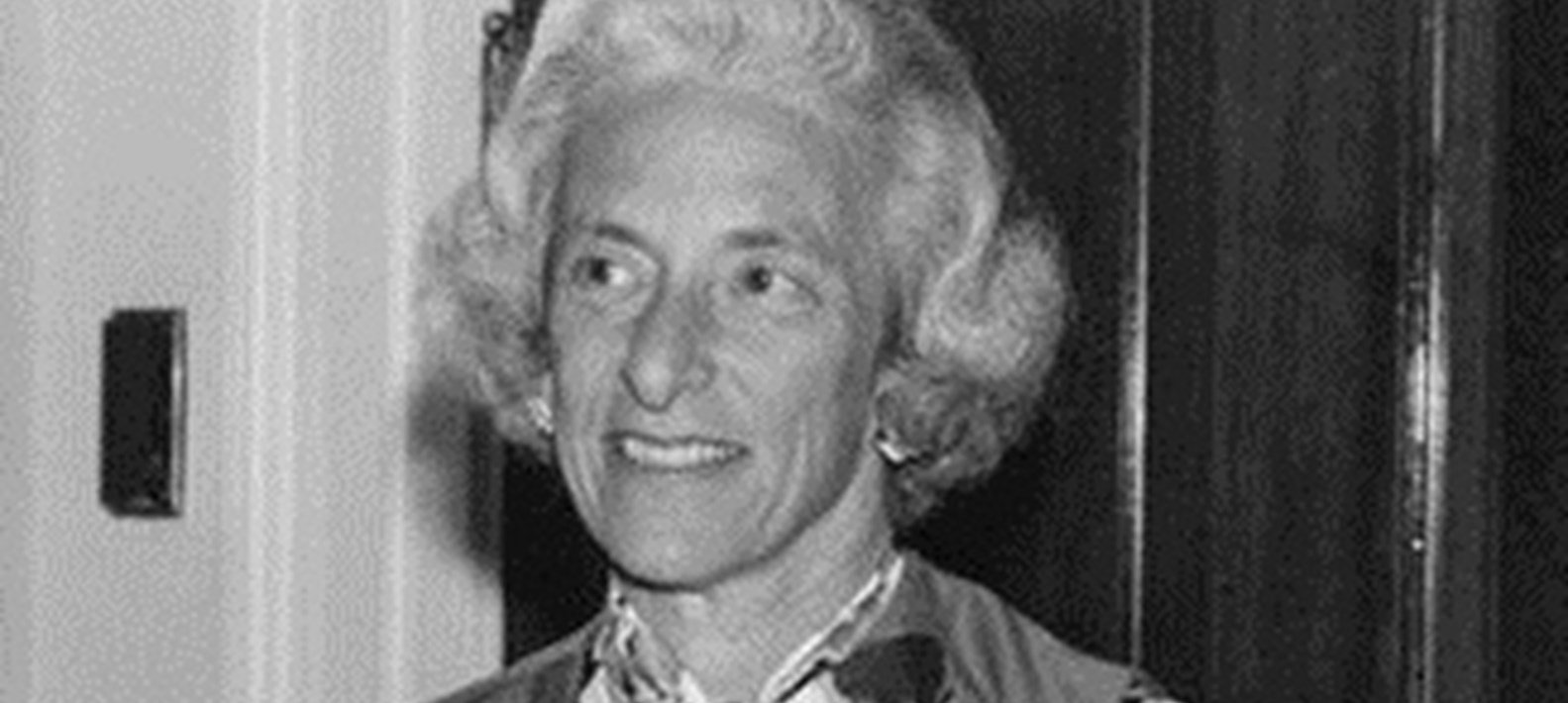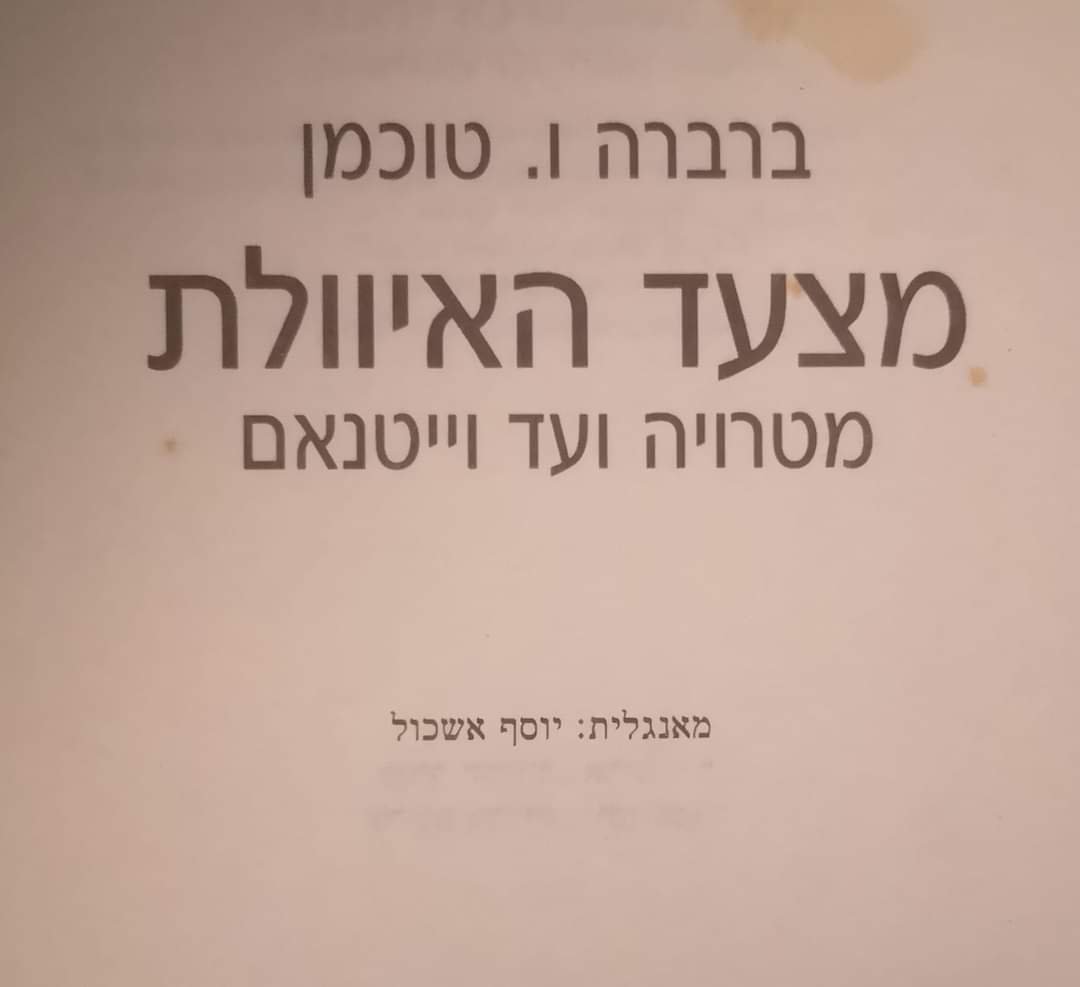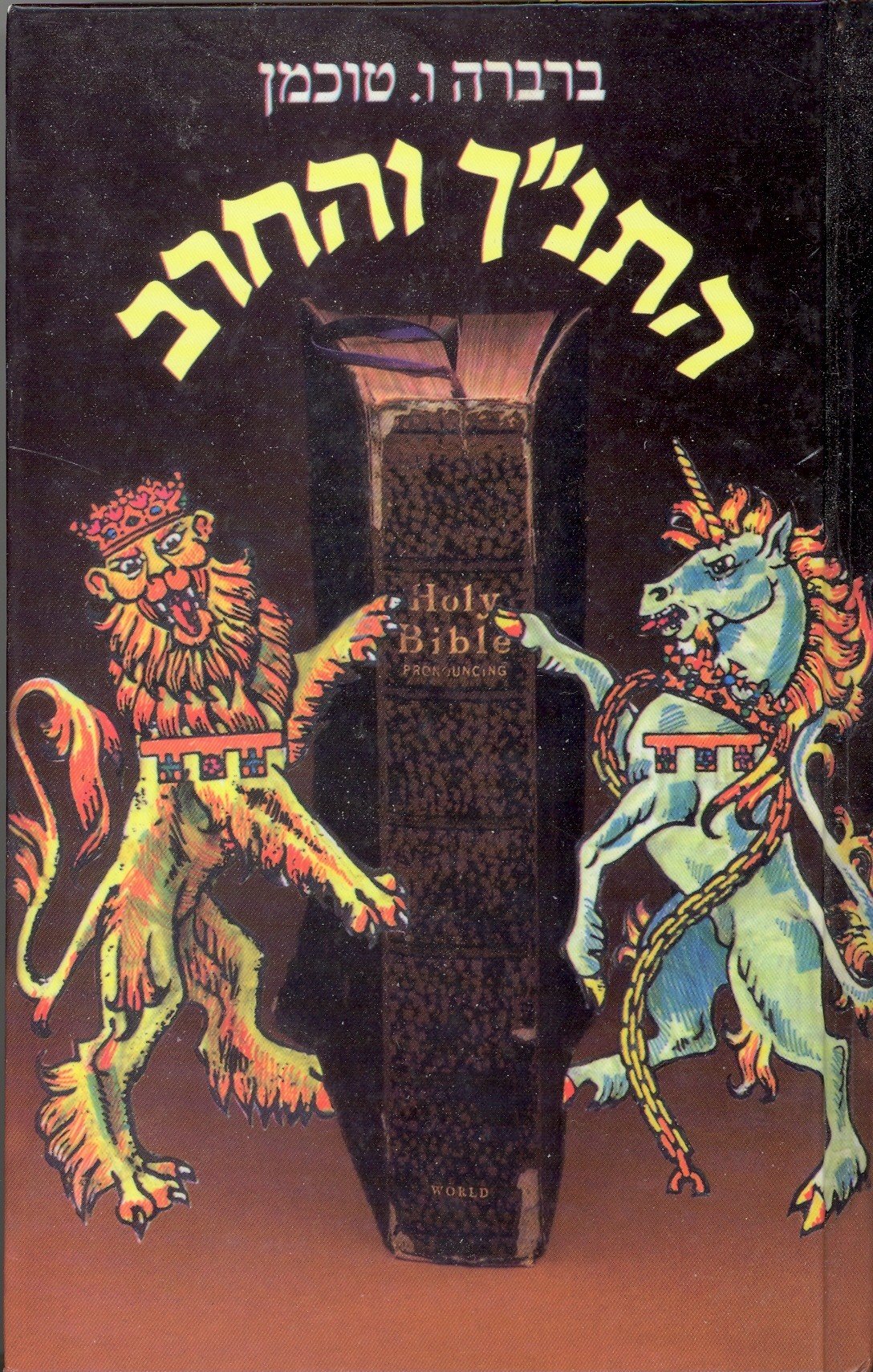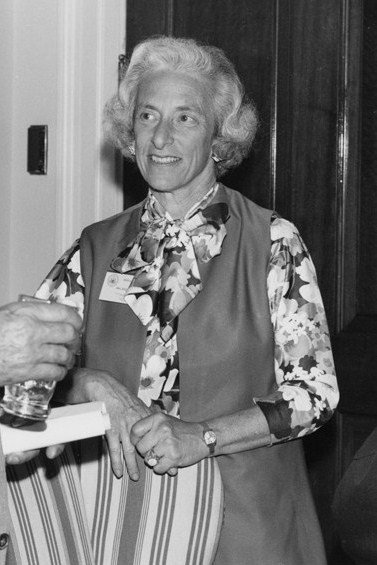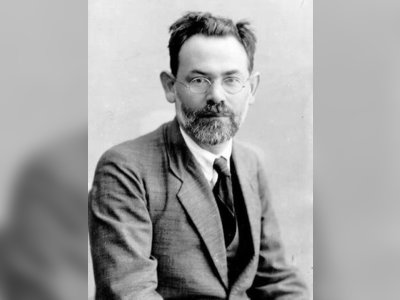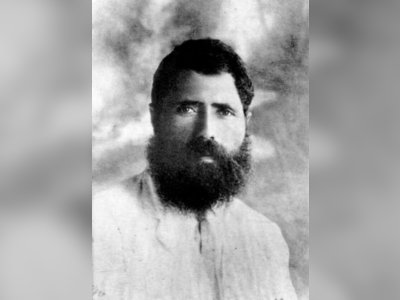Barbara Tuchman
Barbara Wertheim Tuchman (January 30, 1912 – February 6, 1989) was a Jewish-American historian, author, and journalist, a two-time Pulitzer Prize winner, and the recipient of the Jefferson Lecture in 1980. She primarily focused on writing popular history books, covering a wide range of topics, most notably "The March of Folly."
Biography:
Barbara Tuchman was born in New York, the granddaughter of Henry Morgenthau, Sr., who was the United States ambassador to Turkey during World War I. Her father, Maurice Wertheim, was a banker who acquired The Nation magazine. In 1933, she earned her bachelor's degree from Radcliffe College and worked as a research assistant for a year.
During the Spanish Civil War and World War II, she worked as a journalist for The Nation and New Statesman. She lectured at various academic institutions, including Harvard University and the University of California.
Her first book was published in 1938, and after World War II, she dedicated herself to writing books. Her works are characterized by engaging narrative, rich detail, and cover a wide range of historical periods and figures, from the 14th century ("A Distant Mirror") to the late 19th century ("The Proud Tower") and the beginning of World War I ("The Guns of August," "The Zimmermann Telegram"), concluding with the Vietnam War ("The March of Folly").
Tuchman received two Pulitzer Prizes for her historical writing: in 1963 for "The Guns of August" and in 1972 for "Stilwell and the American Experience in China."
Tuchman's Law:
In her book "A Distant Mirror: The Calamitous 14th Century," Barbara Tuchman formulated her historical worldview and the importance she placed on historical events, which she termed "Tuchman's Law":
"Disaster is rarely as pervasive as it seems from recorded accounts. The fact of being reported multiplies the apparent extent of any deplorable development by five to tenfold (or any figure the reader would care to supply)."
In essence, Tuchman suggested that disasters are often reported more extensively than they actually occur, leading readers to perceive them as more frequent and widespread than they truly are.
Criticism:
In a 1985 review, the American magazine "Saturday Review" described Tuchman as "one of the most respected people in the field of American art and literature" and noted that "over the years [she has shifted] from writing history as moral instruction to writing moral lessons as history." Regarding her book "The March of Folly," it was suggested that her explanations are essentially after-the-fact wisdom, touching upon the failure of foresight.
Barbara Tuchman's works have been influential in the field of popular history and have sparked discussions about the interpretation of historical events. Her writing style and ability to engage readers with history have left a lasting impact on historical literature.
- ברברה טוכמןhe.wikipedia.org
